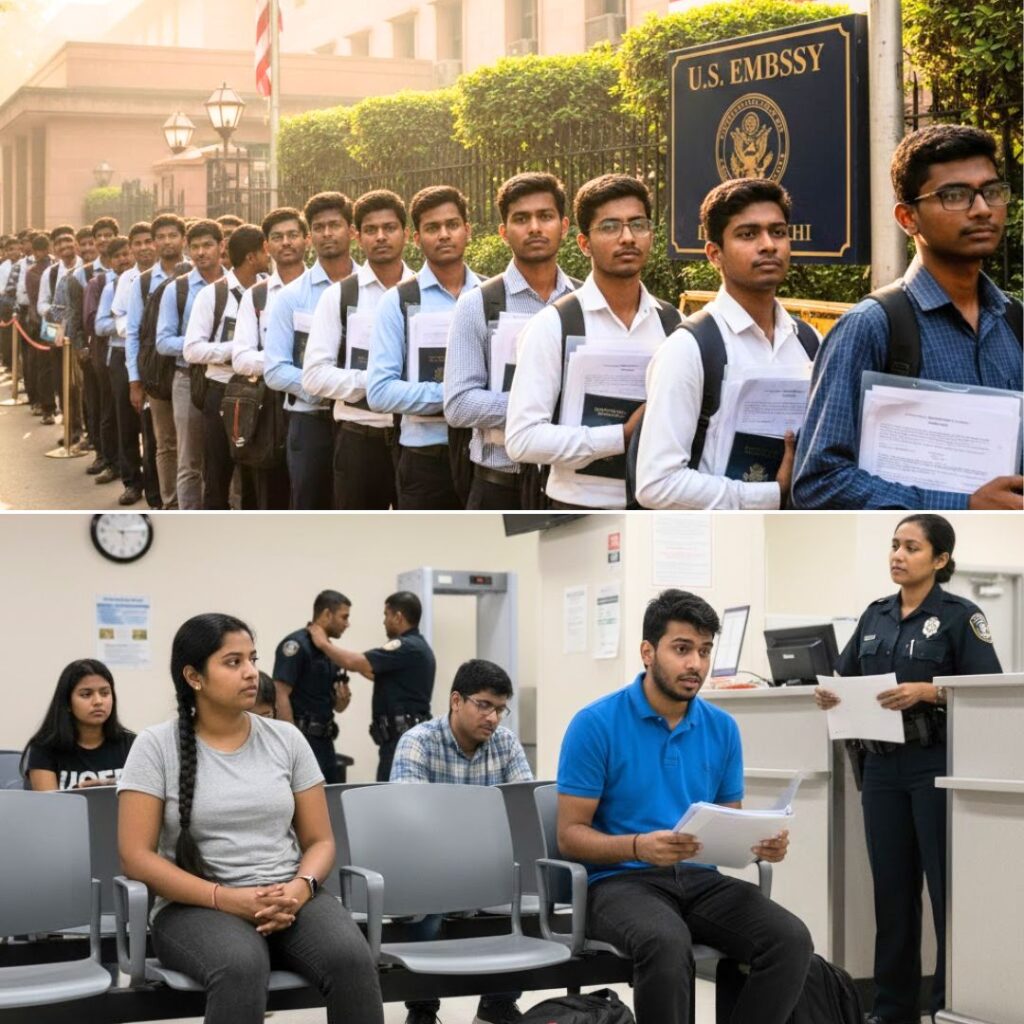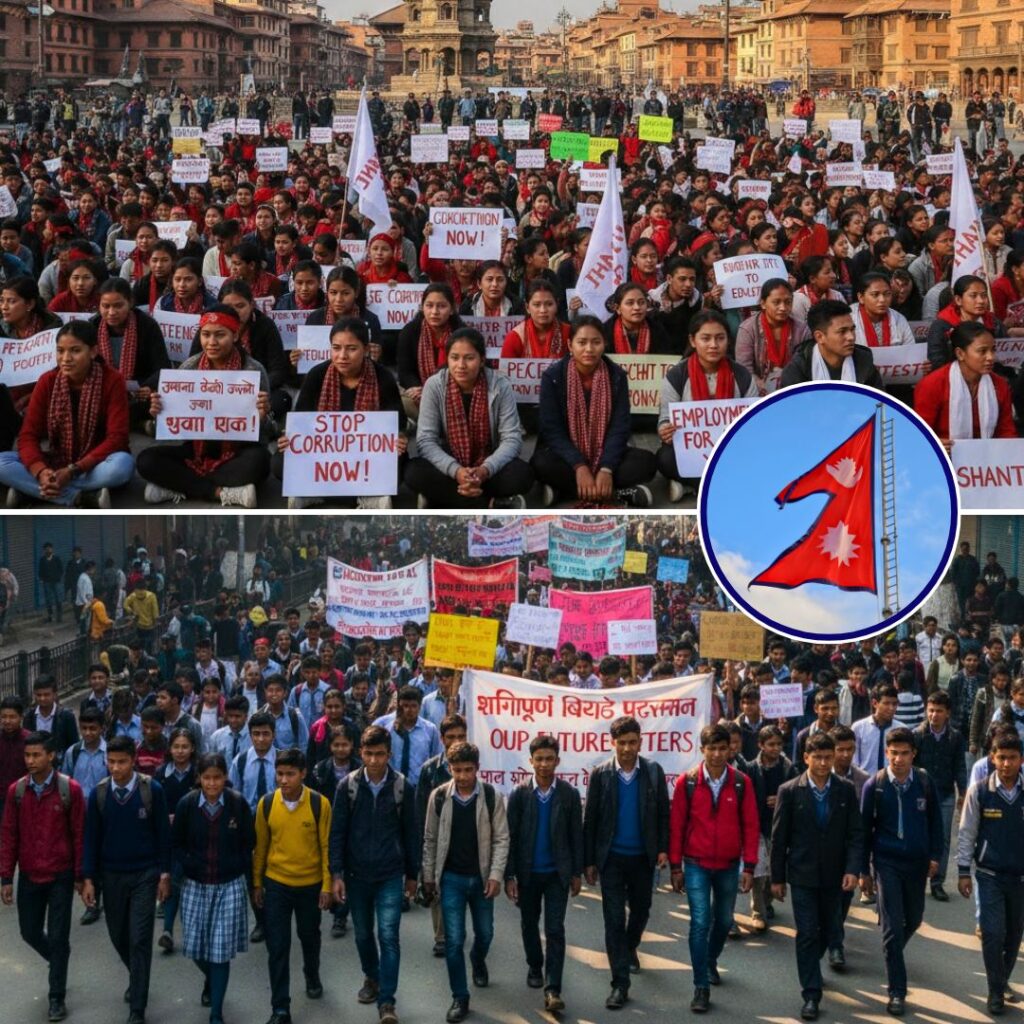On January 10, five months since the abrogation of Article 370 and the shutdown of communication services, the Supreme Court had ordered the current J&K administration to review all restrictions within a week.
Five days after the SC’s order, the establishment has decided not to restore communications and internet fully, claiming that the ban was needed to prevent ‘anti-national’ elements from transmitting fake news and inciting violence.
Even as the internet shutdown in the valley has gone down in history as the longest ever, the decision has come to continue it further.
According to the administration’s order, low-speed 2G internet services are to resume in a few districts of the Jammu division. Low-speed 2G internet service on postpaid mobile phones are to work in Jammu, Samba, Kathua, Udhampur and Reasi from today, January 15. The other districts – Poonch, Rajouri, Ramban, Kishtwar and Doda â will remain without mobile internet.
However, the districts which may now be privy to the world of the internet will only be able to access websites selected and handpicked by the administration.
Sent by the ‘Home Department’ in the Civil Secretariat in Jammu, the order says that an additional of 400 internet kiosks will be set up in the Kashmir division to expedite application-filling for students, navigation and services for tourists, and GST fillings.
It also adds that internet service providers such as BSNL and other private service providers can start offering broadband services, with IP-MAC address scrutiny (MAC binding), in ‘essential’ institutions such as – hospitals, schools, banks, government offices, and tourist establishments.
Common businesses in the manufacturing and service industries have been left out in spite of the fact that most of their order payments, client relations, and operations are dependent on the internet. Even common households in the Kashmir valley will be left bereft of any connection to mobile internet and broadband.
Additionally, the order has mandated that these essential institutions must install firewalls and create a ‘whitelist’ of sites that would enable access to Government websites, e-banking sites, and other important web pages – while maintaining a complete bar on the access to social media.
Government offices which will be benefitting from the order have been commanded to appoint ‘nodal officers’ who will be endowed with the task of keeping track on the people using broadband and changing their ‘accessibility credentials’ on a daily basis. The onus to prevent the misuse of broadband services will be on them.
Written by the Principal Secretary Shaleen Kabra, the order states that he is fully assured that the administration’s decision to prolong the suspension of the Internet and other communication services is ‘absolutely necessary’ and in the interest of sovereignty and integrity of India, the security of the state and for maintaining public order.
He, the Principal Secretary, while invoking the powers conferred to him by sub-section (2) of section 5 of the Indian Telegraph Act, 1885; and rule 2 of the Temporary Suspension of Telecom Services (Public Emergency or Public Safety) Rules, 2017, has made the directions.
A reply to the Supreme Court’s ask for the review of all mandates calling for the communications blockade, the written order has justified its stance by citing that the police authorities have intelligence inputs and assessments of the law and order situation in J&K, which hint that the terror modules operating in the region including their handlers across the border will attempt to aid or provoke people to propagate terrorism, rumour-mongering, supporting proxy wars, and the cause of disaffection and discontent.
Also Read: Internet Shutdown An Abuse Of Power, SC Tells Centre











